#economic inequality
Text
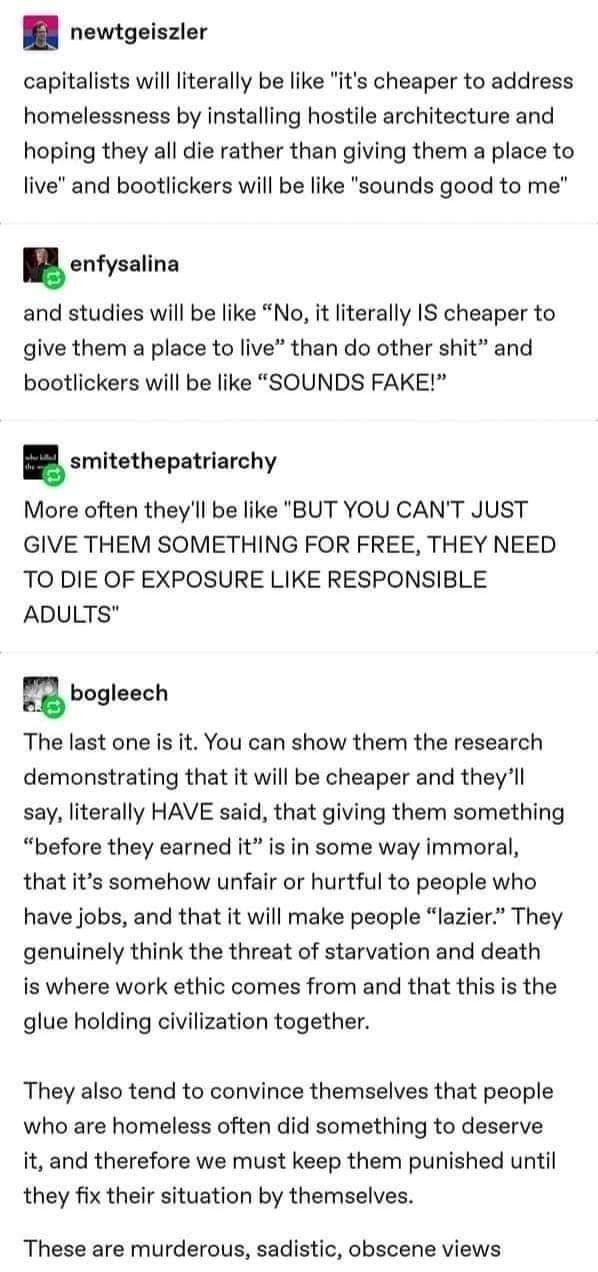
#anarchist#anarchism#anticapitalism#anticapitalist#anti capitalism#anarchy#homelessness#economic inequality#inequality#equality#eat the rich#fuck capitalism
7K notes
·
View notes
Text
You’re Lucky You Have a House, Peasant!
A history of company towns
by Joyce Rice and Kevin Moore
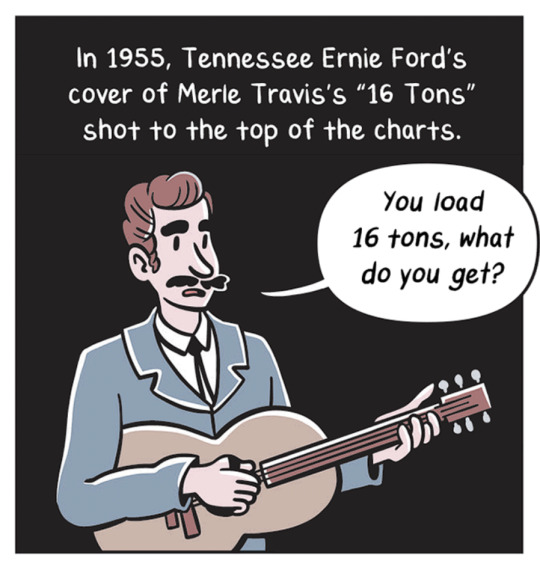
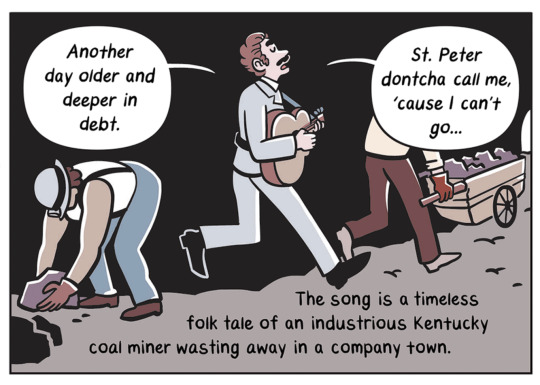
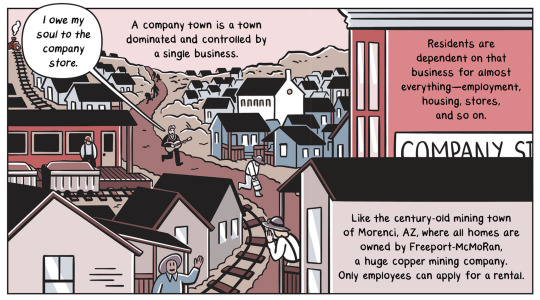
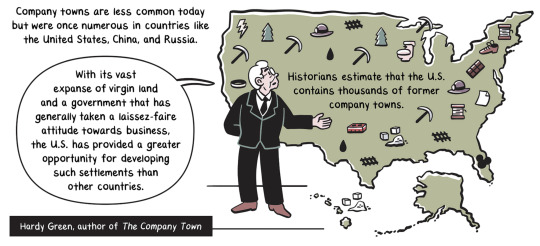
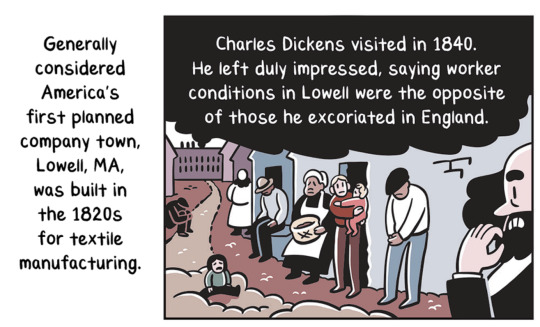
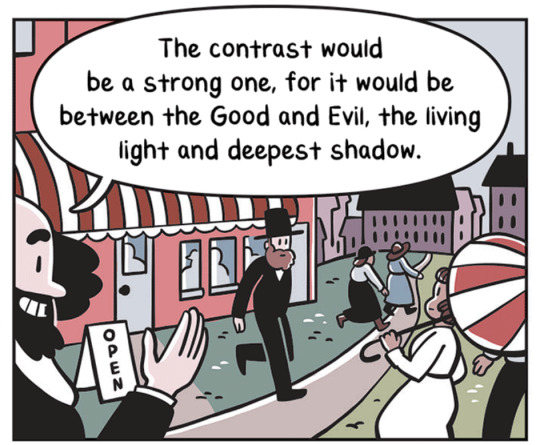
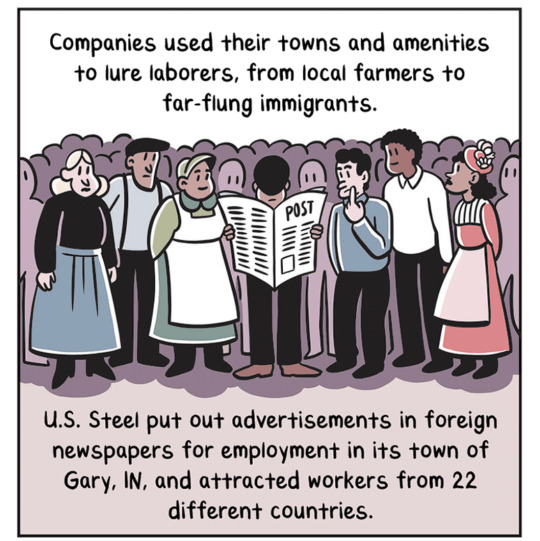

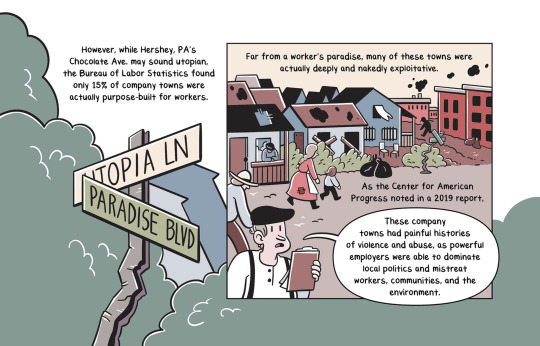
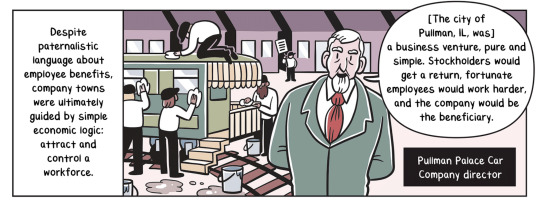

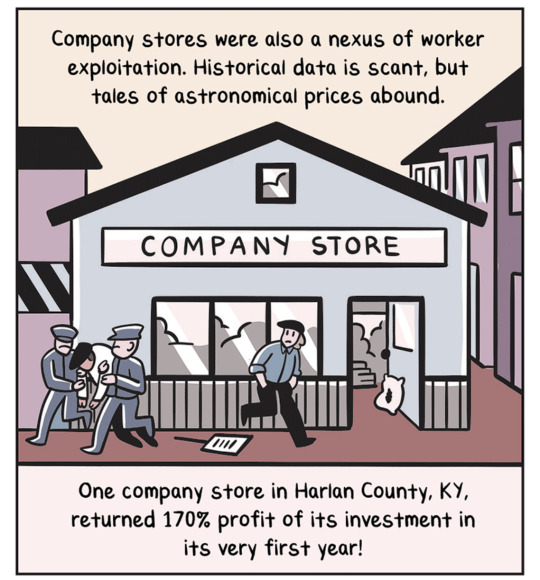
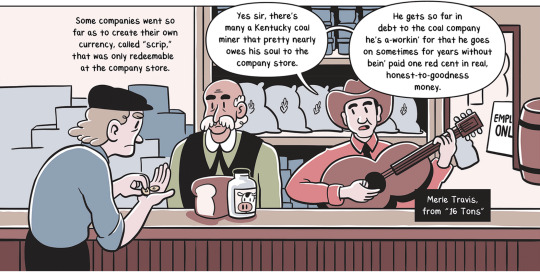
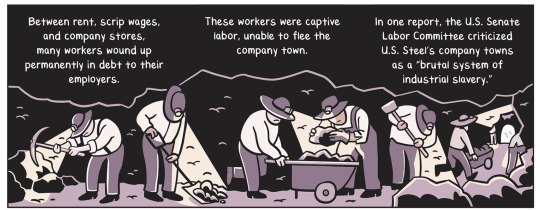

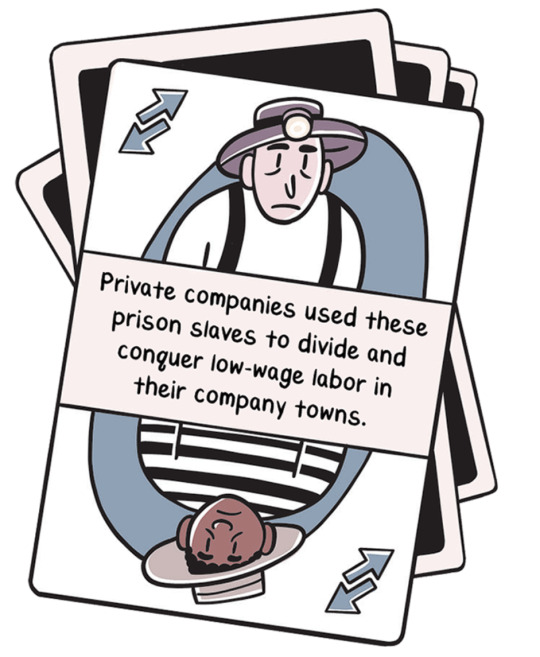
(Continue Reading)
TheNib.com
@thenib
#politics#the left#the nib#comic#webcomic#labor#Labor Unions#organized labor#history#capitalism#economic inequality#oppression#poverty#working class#long post#long reads
14K notes
·
View notes
Text
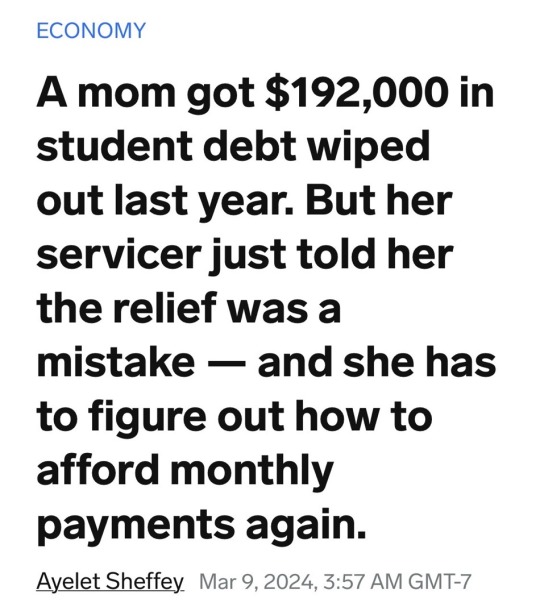
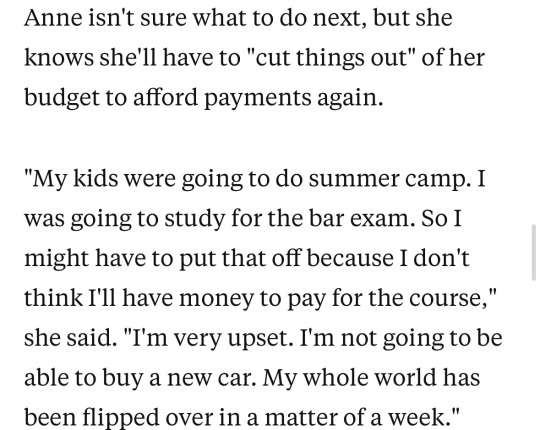
Source
Anyone still defending our rotten for-profit education system can rot with it.
We’ve suffered enough
#education#capitalism#eat the rich#end capitalism#current events#economic inequality#news#government
802 notes
·
View notes
Text
Some Tumblr Posts to Save You Money <3
Plain text: Some Tumblr Posts to Save You Money <3
Free Books!
Remember, The Internet Archive and your local library are your best friends!
Academic Articles and stuff
Scientific Documents
DnD shit
Sewing technique to repair and strengthen seam rips.
Scratch the "Buy Something" Itch without buying something
US Centric Ways to Live In Direct Opposition to Capitalism
Crash Course on YouTube teaches most subjects!
Home art hack
Go ahead and add some <3 We're all in this together <3
#rabiespunk#anticapitalist#anti capitalist#mod yukon#anti capitalism#late stage capitalism#eat the rich#antiwork#economic inequality
629 notes
·
View notes
Photo
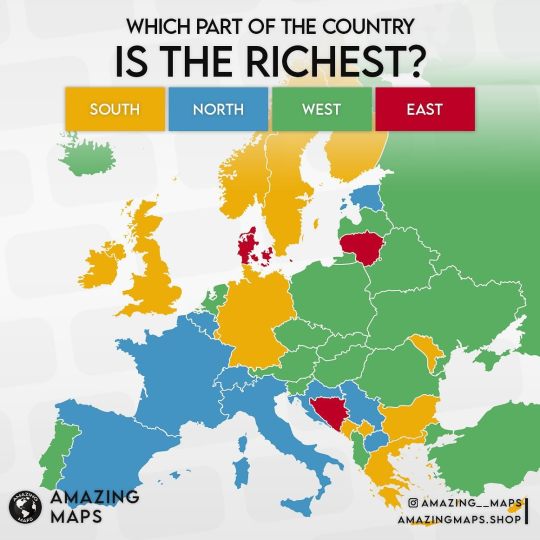
Which part of the country is the most economically developed?
by amazing__maps
186 notes
·
View notes
Text
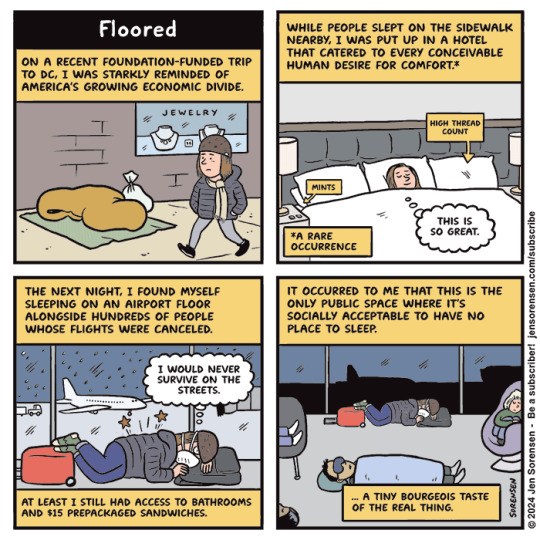
Help keep this work sustainable by joining the Sorensen Subscription Service! Also on Patreon.
119 notes
·
View notes
Text
Odd jobs are few and far between in Nearobo. Peter knows because every day he walks the streets of his village in south-east Liberia looking for one. In a good month, he might make $20 (£16.70). That’s hardly enough to feed himself, let alone his children.
But today things are looking up. As part of an innovative new donation scheme, Peter receives $40 (£33.40) per month for a minimum of three years. No paperwork. No requests for receipts. No catch of any kind, in fact. Just hard cash transferred straight to his mobile phone.
The 59-year-old casual labourer plans to use the money to buy materials for a new home for himself and his family, he says. “Although it is going to take long, I will continue until my house is completed.”
The scheme is part of a new-look approach to development assistance that, if taken to scale, could potentially turn the £156bn international aid industry on its head.
At least, so says Rory Stewart, the former UK foreign secretary turned podcaster-in-chief (he co-hosts ‘The Rest is Politics’ with Alastair Campbell, a surprise hit which has topped the Apple podcast charts virtually every week since it launched a year ago). From his new base in Amman, Jordan, Stewart heads up GiveDirectly – the world’s fastest growing nonproft – who are behind the initiative.
“It’s a rather radical, simple idea to help people out of extreme poverty. We deliver the cash directly … there’s no middleman and no government getting in the way.”
It feels like an odd statement from someone who has spent much of his life in government service: first as a junior diplomat for eight years (during which he penned a bestselling book about dodging Taliban bullets and hungry wolves whilst walking across Afghanistan), followed by almost a decade as a politician at Westminster.
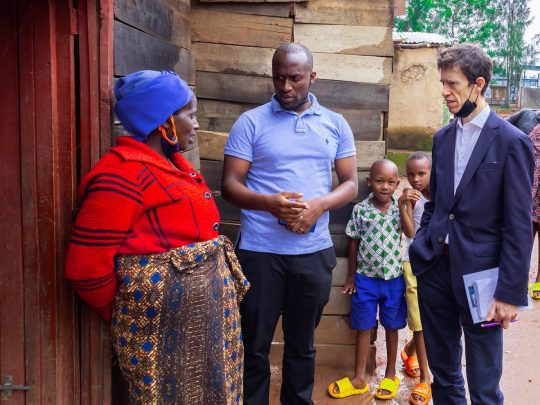
Pictured: Rory Stewart and GiveDirectly’s Ivan Ntwali talk with a refugee household in Rwanda. Image: GiveDirectly
His enthusiasm is even more surprising given his initial caution. During his various ministerial stints at the UK’s department for international development (including three months as secretary of state), he was an out-and-out “cash sceptic.”
Giving away money with no strings attached was, he felt at the time, an impossible sell to tax-paying voters. What’s stopping recipients spending it down the pub? Or investing in a hair-brained business venture?
Quite a lot it turns out. No one knows the value of money more than those who don’t have any, he argues. Give an impoverished mother-of-four $40 (£33.40) cash and, 99 times out of 100, she’ll spend it on something useful: repairs to the house, say, or school fees for her kids...
By virtue of GiveDirectly’s model, participants can spend their money on whatever they choose, but the charity’s research indicates that most goes towards food, medical and education expenses, durables, home improvement and social events.
On the flipside, Stewart also has numerous examples of well-funded aid projects that deliver next to nothing. A decade ago, the then United Nations general secretary Ban Ki-moon estimated that 30 per cent of aid money disappears in corruption. There is little to suggest much has changed.
The aid industry doesn’t need corrupt officials to see its funds evaporate, however; it has its own voluminous bureaucracy. Stewart recalls once visiting a $40,000 (£33,560) water and sanitation project in a school in an unnamed African country. The ‘deliverables’ were two brick latrines and five red buckets for storing water...
The beauty of direct giving, he stresses, is not just that it annuls opportunities for thievery and red tape; it also frees the world’s poorest individuals from the well-meaning but, very often, misplaced guidance of donors. An aid expert in Brussels or Washington DC may well have a PhD in development economics, but who is best to judge what a single mother in a Kinshasa slum needs most and how to obtain it most cheaply: the expert with her degree, or the mother with her hungry children?
Empowering recipients to decide for themselves helps end the kind of “mad world” where aid agencies pay to ship wheat from Idaho, US, to Antananarivo, Madagascar, only for local people to sell it in order to buy what they really want, Stewart reasons.
“So often, these communities are having to turn the goods we send them into cash anyway, but just in a very inefficient and wasteful fashion … instead [with direct cash transfers] they are given the choice and freedom in how to spend it.”
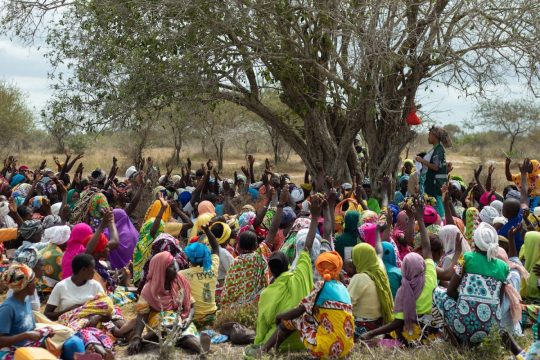
Pictured: Villagers in Kilif, Kenya, at a public meeting about the GiveDirectly programme. Image: GiveDirectly
Is the system perfect? No, clearly not. Stewart concedes that opportunities for fraud and coercion exist. To minimise these risks, GiveDirectly employs field officers to meet face-to-face with recipients, as well as a team of telephone handlers and internal auditors to follow up on reports of irregularity.
By his reckoning, however, the biggest impediment to direct giving really taking off is donor reticence. At present, only 2 per cent of official aid is given direct in cash. Stewart thinks it should be closer to 60 or 70 per cent...
‘My children will not have to beg anymore’
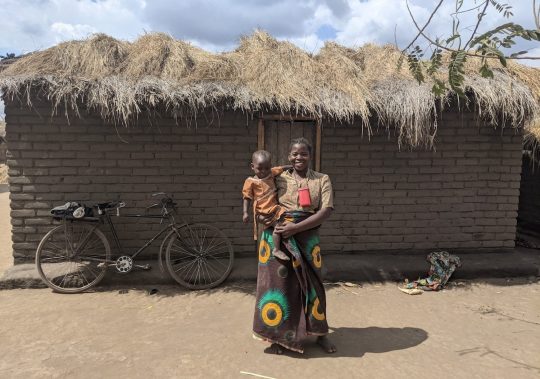
Happiness Kadzmila from Malawi enrolled on GiveDirectly’s Basic Income project last summer. She will now receive $50 (£41) a month for a year ($600/£496 in total).
What are the biggest hardships you’ve faced in life?
I am a divorced mother of four children. I got divorced in 2020 while I was eight months pregnant with my last-born child. Since then, I have been depending on working on other people’s farms. I get paid $0.49 (£0.43), or a plate of maize flour per day. As a result, it has been a challenge to feed my children, buy clothes for them, and to pay their school fees My firstborn child is in year 4, the school charges $0.69 (£0.61) per day for her. My second is in year 3, I pay $0.49 (£0.43) for him. There were days when I would have no food in my home, and my children would go to my neighbours’ homes to beg for food. This made me feel sorry for my children as a mother.
What does receiving this money mean for you?
I was so happy the day I received cash amounting to $51.75 (£43.56) from GiveDirectly. I used the money to buy maize at $9.88 (£8.32). My children will not have to go to our neighbours to beg for food anymore. I also bought a sheep at $34.58 (£29.10). I will be selling sheep in future when they multiply. I also bought lotion and soap at $1.88 (£1.58).
How will you spend your future payments?
I plan to renovate my house. I have always admired those who sleep in houses made of a roof with iron sheets because they do not have to think of fetching grass every year for a new roof. I will also start a business selling doughnuts to sustain my income after I receive my last transfer. I did not know that an organisation like GiveDirectly would come to help me this way All I can say to those who are giving us this money is ‘thank you’."
-via Positive News, 3/3/23
More and More People to Help
In addition to their universal basic income programs, GiveDirectly also has dedicated programs where you can donate to emergency disaster relief, people living under the protracted civil war and human rights disaster in Yemen, refugees, and survivors of the Syria-Turkey earthquake.
They have also commissioned a number of large-scale, third-party studies on the effectiveness of their numerous universal basic income models. Find these and other projects here.
#charity#donations#foreign aid#extreme poverty#poverty#economic inequality#africa#yemen#syria#turkey#malawi#kenya#rwanda#refugees#refugee crisis#givedirectly#universal basic income#good news#hope
197 notes
·
View notes
Text
A B.C. councillor is proposing a new way for cities to assess traffic fines.
Saanich councillor Teale Phelps Bondaroff is proposing that fines should be based on how much money a person makes rather than just a flat rate.
“So if you fail to yield for a pedestrian, you get a $121 ticket,” Bondaroff told Focus BC Friday. “Failing to yield to a bus is a $368 ticket. There’s two problems with these fines. The first is that they disproportionately punish people with lower incomes. And the second aspect is they fail to adequately serve as a deterrent to the extra wealthy.”
He said a similar system has already been adopted in countries such as Finland, Denmark, Germany, Sweden, Austria, France and Switzerland. [...]
“And they decide that half of your day, you know, you’re spending money for the day is an adequate amount to deprive someone else, and then they multiply that by number of days based on the severity of the crime,” he added.
“If someone is very wealthy, a $100 ticket does nothing to deter their behavior. You know, that’s a cost of a bottle of dinner with wine. If you get a $368 fine, that’s the difference for someone between paying rent that month. But it’s also an expensive Coach bag. This is a system that’s been adopted around the world and it works. You’ll see very wealthy people getting fines that actually serve as a deterrent.” [...]
Continue Reading.
Tagging: @politicsofcanada
257 notes
·
View notes
Text

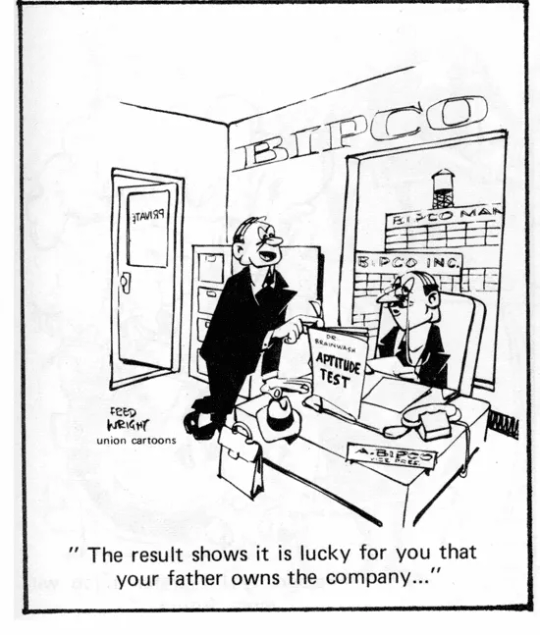
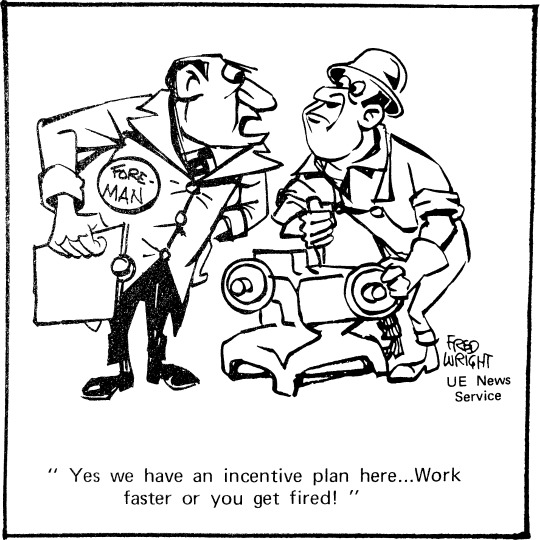

Fred Wright, a cartoonist for the United Electrical Workers of America from 1949 until 1984, reflected the daily routines experienced by the working men and women: layoffs, discrimination, income inequality, industrial accidents, union-busting, etc. These realities of the class structure of capitalism were the basis for his artistic and activist work.
23 notes
·
View notes
Text
The most comprehensive study of global climate inequality ever undertaken shows that this elite group, made up of 77 million people including billionaires, millionaires and those paid more than US$140,000 (£112,500) a year, accounted for 16% of all CO2 emissions in 2019 – enough to cause more than a million excess deaths due to heat, according to the report.
just putting this out there…
#climate change#climate justice#social inequality#economic inequality#colonialism#inequality#injustice#ecological socialism
13 notes
·
View notes
Text
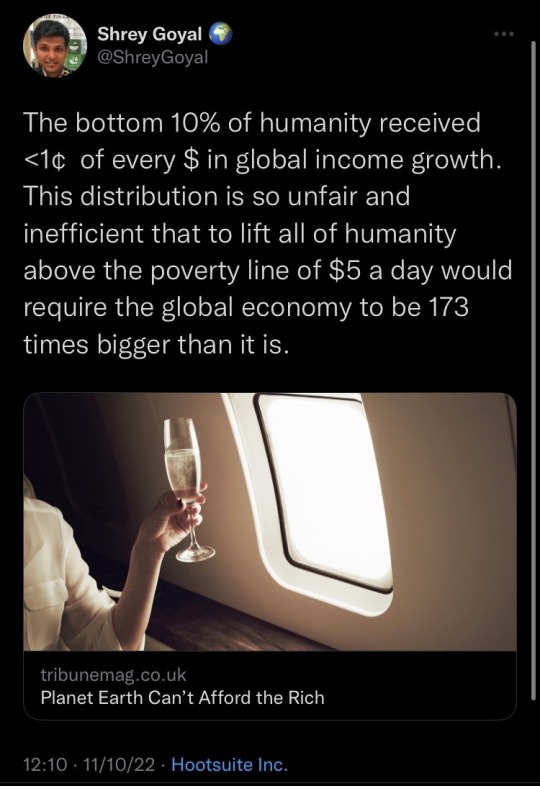
View on Twitter
The bottom 10% of humanity received <1¢ of every $ in global income growth. This distribution is so unfair and inefficient that to lift all of humanity above the poverty line of $5 a day would require the global economy to be 173 times bigger than it is.
(Source)
97 notes
·
View notes
Text
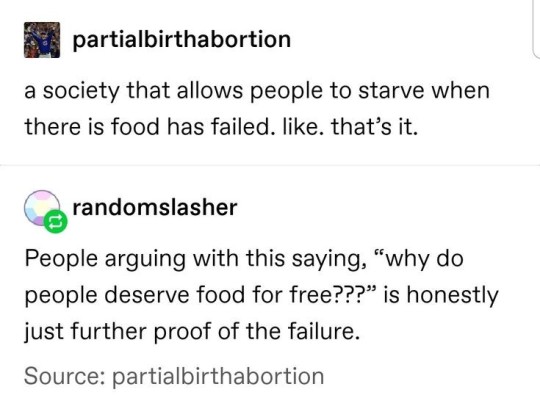
#anarchist#anarchism#anticapitalism#anticapitalist#anarchy#anti capitalism#communism#economic inequality#inequality#equality#end world hunger#world hunger#hunger#poverty#eat the rich
8K notes
·
View notes
Photo


Article Link
428 notes
·
View notes
Text

Source
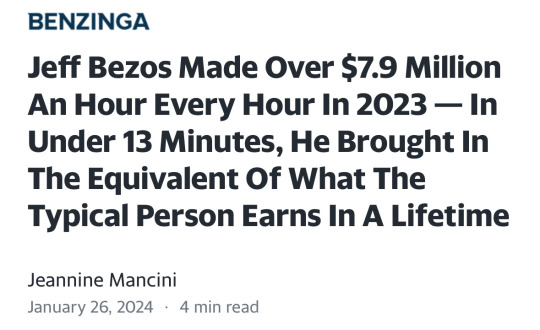
Eat the rich
#capitalism#Amazon#eat the rich#tax the rich#economic inequality#wealth inequality#socioeconomic inequality#news#current evenrs#end capitalism
612 notes
·
View notes
Text
Something for Martin Luther King Day
On Sunday 04 November 1956, Dr. Martin Luther King Jr. delivered a sermon at the Dexter Avenue Baptist Church in Montgomery, Alabama. The inspiration for this homily was an imagined Epistle which the Apostle Paul sent to Americans.
Here is an excerpt from that sermon dealing with economic justice.

Paul/MLK had criticisms of capitalism though he was no fan of communism with its consequent totalitarianism.
This sermon appears as Chapter Fourteen in the book Strength to Love.
It also appears in The Papers of Martin Luther King, Jr., Volume III: Birth of a New Age under the title "Paul's Letter to American Christians".
Dr. King would certainly have had something to say about this recent report.
World's richest five men double wealth — Oxfam
#martin luther king day#martin luther king jr.#sermon#paul's letter to american christians#capitalism#superfluous and inordinate wealth#the filthy rich#economic inequality#poverty#economic justice#democracy
7 notes
·
View notes
Text
Something something Water is Wet.
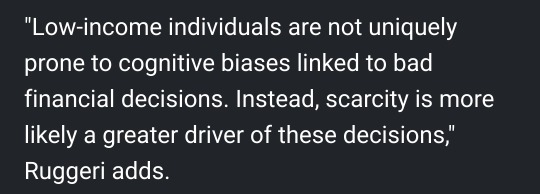
It's nice to see this being quantified.
15 notes
·
View notes